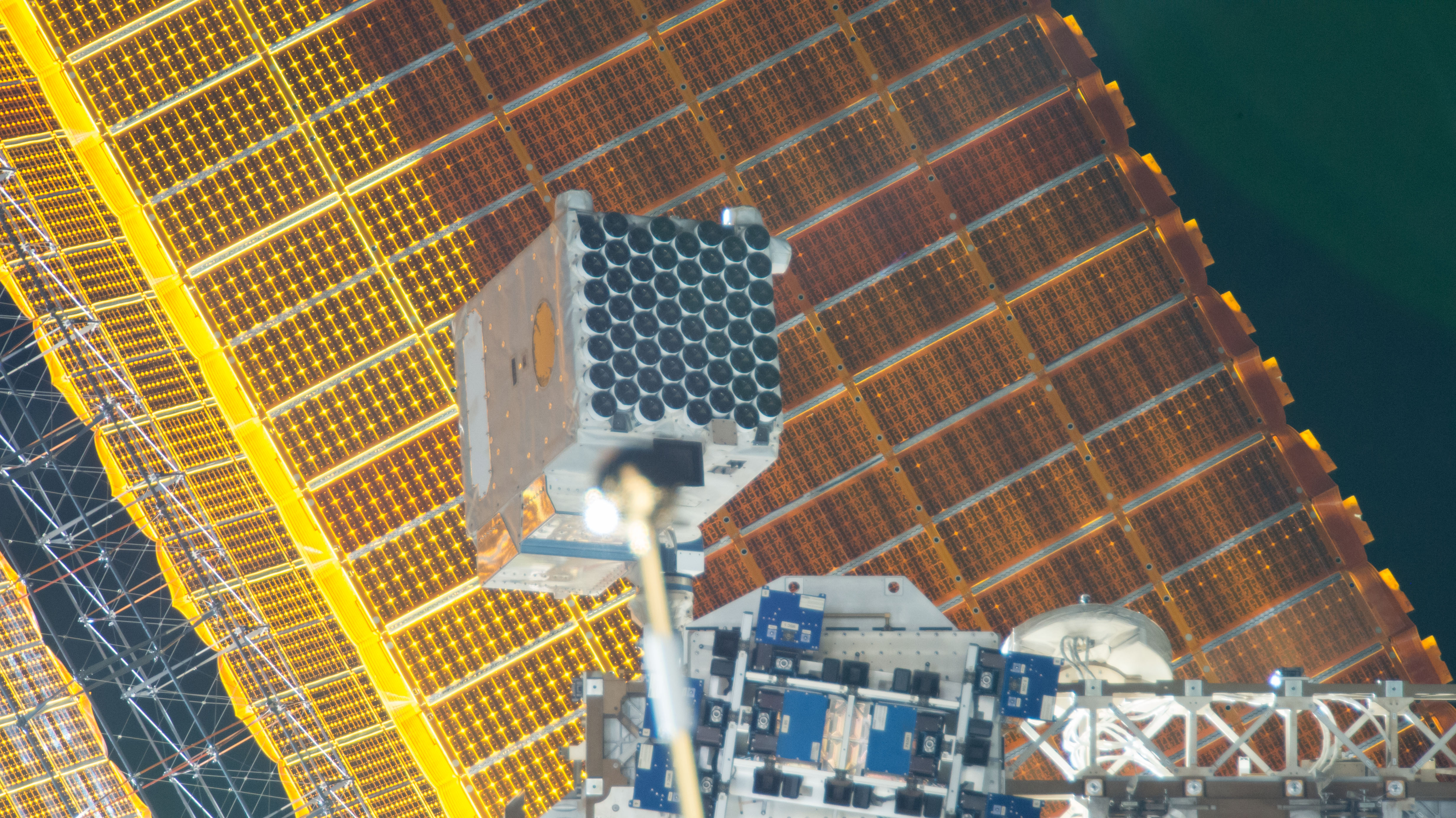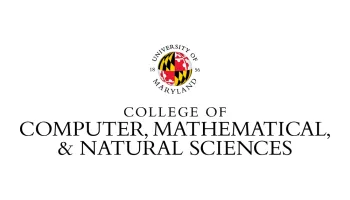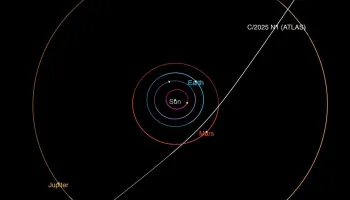University of Maryland Astronomy Professor Cole Miller has been elected a Fellow of the American Physical Society (APS). This honor recognizes "excellence in physics and exceptional service to the physics community", and is limited to one half of a percent of the APS membership.
Miller was elected by the APS Division of Astrophysics (DAP): "For seminal contributions to understanding neutron stars and black holes, including the first precise and reliable measurement of a pulsar mass and radius via detailed modeling; for pioneering calculations of black hole binary system formation and evolution; and for service to the physics community."
Miller is a theoretical astrophysicist whose main research focuses on the study of black holes and neutron stars. These objects represent extremes of gravity, density, and magnetic fields, as well as realms of nuclear physics and condensed matter physics that cannot be explored on Earth.

Miller has obtained deep insights into the fundamental properties of cold dense matter by conceiving, developing, and applying a novel method for measuring the masses and radii of neutron stars. Using this method, as part of NASA's Neutron star Interior Composition Explorer (NICER) mission, Miller and his team made the first precise and reliable measurements of a neutron star’s mass and radius and have used this method to measure the mass and radius of other neutron stars. Miller and his team then used these measurements to obtain information about the fundamental properties of cold dense matter. Using the method proposed by Miller, another group has confirmed these results. Miller has also made important contributions to the understanding of how binary black holes form and evolve to the point that they can be observed in ground-based gravitational wave detectors.
Miller has published 187 refereed papers with a total of more than 17,000 total citations, and is a co-author with Professor Nicolás Yunes of the University of Illinois of the textbook "Gravitational Waves in Physics and Astrophysics", which deals with gravitational waves and their implications for several fields of physics including nuclear and gravitational physics.
Miller has engaged in numerous types of service to UMd and the physics community. For example, from 2010-2014 he was the chair of the program advisory committee to the Laser Interferometer Gravitational-wave Observatory and part of the Council of Representatives to the APS from 2018-2021. His work has been recognized with different prizes, such as a Radboud Excellence Professorship in 2020 and the Rossi Prize of the High Energy Astrophysics Division of the American Astronomical Society (as part of the NICER team) in 2022.
Miller received his bachelor's degree in mathematics and physics from Hillsdale College in Michigan in 1984 and his Ph.D. in physics from the California Institute of Technology in 1990. He had two postdoctoral appointments: at the University of Illinois from 1990 to 1993 and the University of Chicago from 1993 to 1999. He joined the University of Maryland as an assistant professor in 1999, became a tenured associate professor in 2004, and has been a full professor since 2009.



